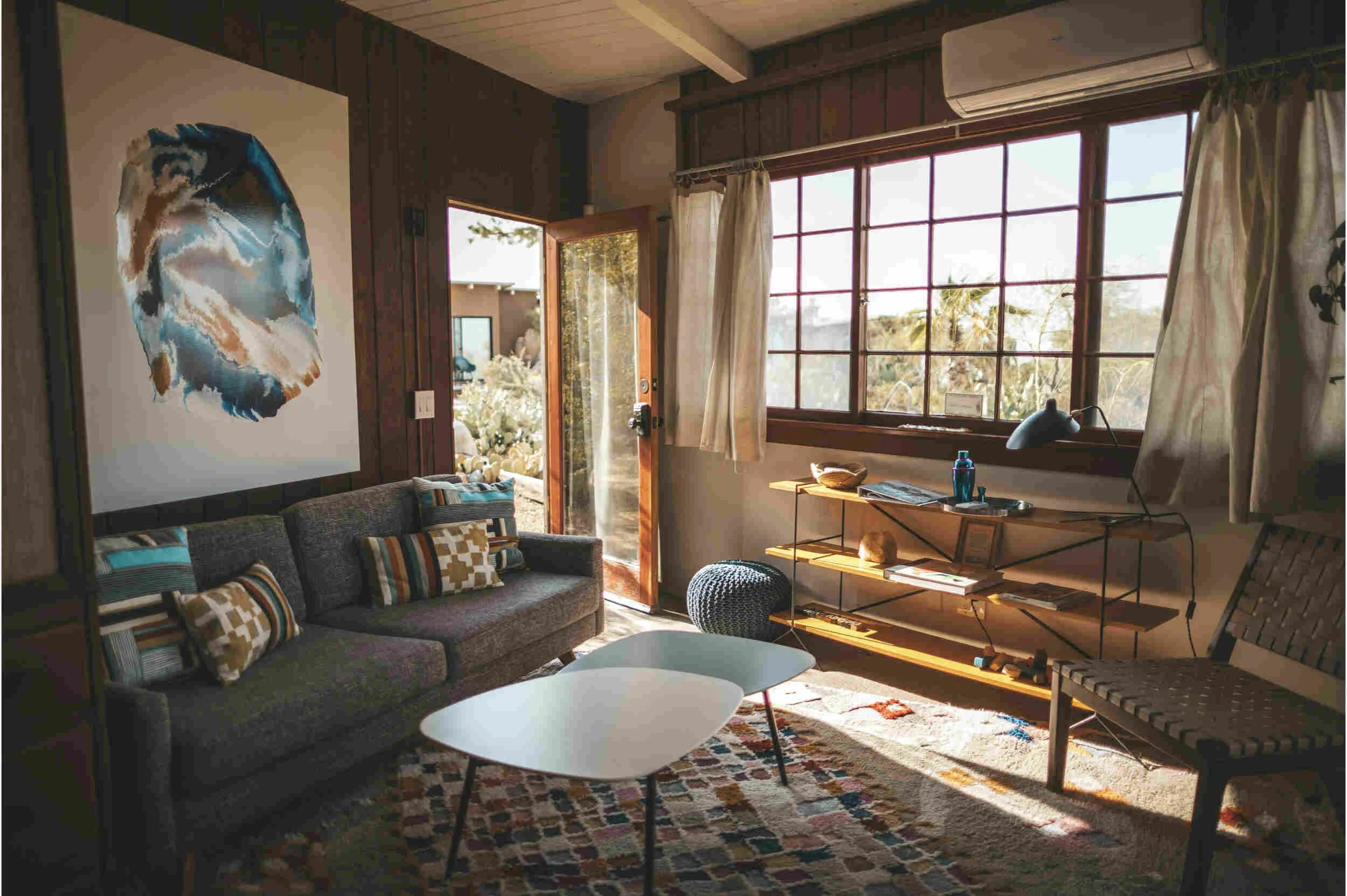How to Improve Mental Health
A landmark review found no scientific evidence that depression is caused by a chemical imbalance.
A major umbrella review led by researchers at University College London has found no convincing evidence that depression is caused by low serotonin levels or reduced serotonin activity.
Let there be light!
A landmark review found no scientific evidence that depression is caused by a chemical imbalance.
A major umbrella review led by researchers at University College London has found no convincing evidence that depression is caused by low serotonin levels or reduced serotonin activity. Published in Molecular Psychiatry, the study analysed decades of research across several major fields and concluded that the long-standing “chemical imbalance” theory lacks scientific support. This challenges the core rationale behind the widespread use of antidepressants like SSRIs, which are believed to work by correcting low serotonin. The review suggests that the popularity of this theory may have contributed to the massive increase in antidepressant prescriptions despite the absence of biological proof.
The findings also raise concerns about how this serotonin theory may shape public perception and treatment decisions.
With up to 90% of people believing depression stems from a chemical imbalance, researchers warn that this misconception can discourage recovery optimism and reliance on non-drug treatments.
Moreover, some evidence points to antidepressants possibly lowering serotonin levels over time, highlighting a need for transparency and new approaches to mental health care.
The authors advocate for a shift in focus toward addressing life stressors, trauma, and social factors through therapy and lifestyle interventions rather than pharmacological solutions alone.
Just as flowers wake up with the morning light, so too do we
How to Better Your Mental Health
One factor that can improve your mental health is your exposure to vitamin D and natural light.
Natural light is essential for good health as it helps regulate your body's internal clock, improves mood by boosting serotonin, supports vitamin D production for bone and immune health, enhances sleep quality, and reduces the risk of depression, eye strain, and anxiety. Exposure to daylight helps align your circadian rhythm with the natural day-night cycle, ensuring you feel awake and alert during the day and can sleep well at night.
Seasonal affective disorder (SAD) is a depressive disorder that we most often experience in winter or when we experience prolonged weather that is overcast and rainy. Australia is fortunate in that our winters aren’t as harsh as other countries, where days are much shorter and the exposure to natural light is limited.
When we lived tribally, we were exposed to natural light for most of the day. But modern workplaces, or cubicle cages, often reduce natural light exposure and time in the elements, which can negatively impact employee well-being by causing issues like eye strain, headaches, drowsiness, and poor sleep.
Insufficient daylight disrupts the body's circadian rhythms, increasing fatigue and promoting less healthy sleep-wake cycles.
Modern living spaces have also led to a reduction in natural light due to architectural choices like smaller windows, increased use of internal walls, and the trend of building larger, more private homes that block exterior light.
This reduced natural light negatively impacts sleep, mood, and overall health, affecting both our bodies and the ambience of our homes.
Light energy, particularly natural sunlight, significantly influences our body's internal clock. Exposure to light affects our level of wakefulness and alertness. If you work in an office, taking advantage of morning light exposure can help synchronise your internal clock. Consider stepping outside to bask in natural light or taking in a morning walk before work. This can act as a cue to wake up and boost alertness, effectively kickstarting your day.
The Camping Effect
On the average work night, most people come up 30-90 minutes short of the sleep our bodies need for long-term health. Camping gives us exposure to natural light, and the total darkness helps reset our internal clocks in as little as two days - a weekend camping trip. By resetting our clocks, we get a chance to establish a more satisfying sleep pattern back at home.

